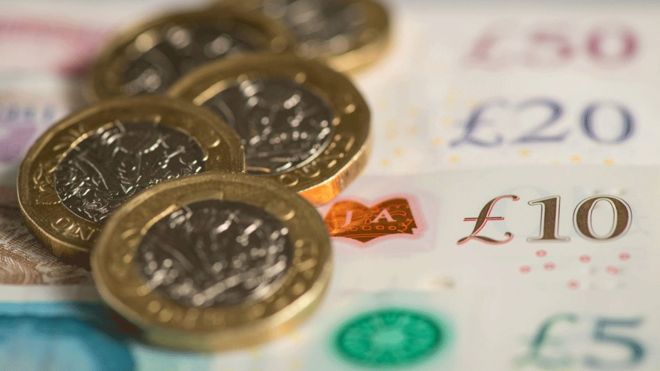Bank Of England Raises Interest Rates To 0.25%

Picture Perfect Christmas
16/12/2021
Coronavirus Asymptomatic Workplace Testing In Scotland
17/12/2021Bank Of England Raises Interest Rates To 0.25%

The Bank of England has raised interest rates for the first time in more than three years, in response to calls to tackle surging price rises.
The increase to 0.25% from 0.1% followed data this week that showed prices climbing at the fastest pace for 10 years.
It came despite fears the Omicron variant could slow the economy by causing people to spend less.
The Bank’s action is set to increase the mortgage costs of some homeowners. The cost of living rose by 5.1% in the year to November, the latest figures show.
That was the highest rate since September 2011 and well above the Bank’s 2% inflation target.
However, one business group said the rate rise would do little to stop prices from going up since costs were being pushed higher by global factors largely outside the Bank’s control.
The decision by the Bank of England will add just over £15 to the typical monthly repayment for a tracker mortgage customer.
A standard variable rate mortgage-holder is likely to pay nearly £10 extra a month.
Nearly two million people in the UK have one of these two types of mortgage.
While savers may welcome news of higher rates, analysts warn there is no guarantee the higher Bank rate will lead to better returns on savings.
Even if savings rates increase slightly, returns are still well below the rate of inflation.


